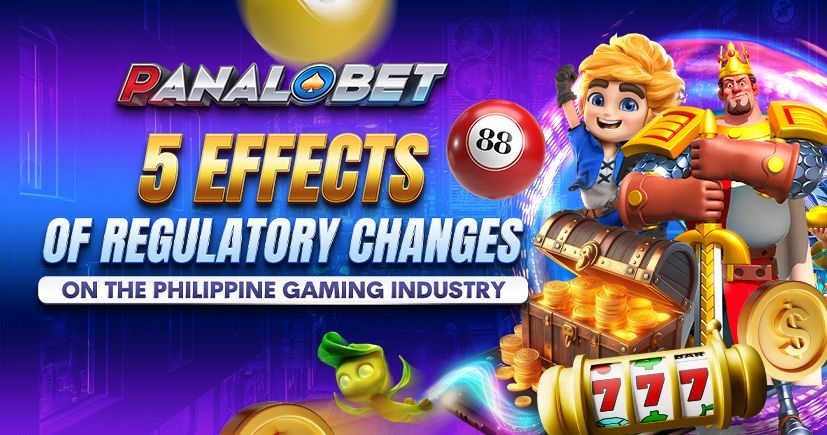The Philippines is home to one of the fastest-growing gaming industries in the Asian market, with a blend of land-based casinos, internet gaming, and sports betting. But in recent years, international regulatory reforms have had a profound influence on the market, with implications for operators and players alike.
In this post, we are going to talk about five major impacts of these regulatory changes in the Philippine gaming industry, while discussing how platforms like Panalobet adapt to the changes to stay ahead.
1. Licensing & Compliance Requirements Become Stricter
The Philippine gaming sector has undergone the most significant industry-wide change: a tightening of licensing regulations.
- The Philippine Amusement and Gaming Corporation (PAGCOR) and the Cagayan Economic Zone Authority (CEZA) issued stricter requirements:
- Stricter background checks of license applicants.
- More stringent compliance fees and levies on casino businesses.
- More robust player protection across the board, which will include safe and responsible gambling.
For licensed operators like Panalobet, these changes also create more security and legitimacy in the industry, providing Filipino players with a fair and regulated gaming experience.
2. Increase in Offshore Gaming Restrictions
The Philippines has long served as a hub for offshore gaming operators (POGOs), predominantly serving foreign players. But in recent months, government crackdowns on POGOs have resulted in:
- Increased scrutiny of overseas casinos.
- Very strict taxation and compliance requirements.
- The reduction of illegal offshore gambling activity.
Despite this, however, some offshore operators have left the market, while domestically licensed platforms such as Panalobet are thriving perfectly fine while being compliant with national gaming regulations.
3. Expansion of Online Casino & Mobile Gaming
The local online casino in Philippines scene is also benefiting from an increasing number of legal Filipino players who opt to use only legalized and PAGCOR-licensed online services. This shift has resulted in:
- Increase of licensed online casinos such as Panalobet.
- More investment into mobile gaming platforms.
- Adding local methods PayMaya and GCash among others.
Hence, Panalobet and other casinos in the top are turning more towards digital gaming innovations to fulfill player demands.
4. Tougher Anti-Money Laundering (AML) Policies
In efforts to combat fraud and money laundering, the Philippine government has approved tougher AML regulations that impact casinos. This includes:
- Stricter KYC (Know Your Customer) requirements that require players to verify their identity.
- Tighter transaction monitoring, including for sizable withdrawals and deposits.
- A higher reporting threshold for potentially suspicious transactions.
These additional security measures come at the cost of requiring players to offer more verification documents when registering on sites such as Panalobet.
5. A Greater Emphasis on Responsible Gambling
Having more stringent regulations means responsible gaming measures must be taken. This includes:
- Compulsory self-exclusion programs for players with problems of gambling addiction.
- Deposit and wagering limits to protect against over-gambling.
- Increased focus on responsible gaming education programs for players.
Panalobet, as a responsible gaming platform, backs these measures, providing features such as self-exclusion, betting limits, and connections with gambling support organizations.
Conclusion
The Philippine gaming industry underwent significant changes with the introduction of regulatory reforms, which resulted in stricter compliance and enhanced player protections, as well as an increased interest in online gaming. Despite some struggles in past years, platforms registered like Panalobet soar by harnessing defenses and improving user experience.
For Filipino players, that's bigger changes around a safer and more regulated gambling environment so that the online casinos are still fair, secure, and enjoyable to play at.

